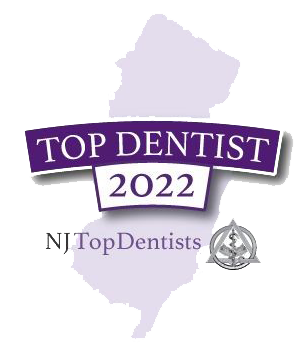
Can Injuries Cause TMJ Disorder?

 Many people mistakenly refer to problems with their jaw as “TMJ.” However, “TMJ” actually stands for “temporomandibular joint,” or the hinged joint in the jaw that connects the skull’s temporal bone to the lower jaw. The TMJ allows the jaw to move up and down and side to side. Most problems related to the TMJ can be referred to as temporomandibular joint disorder (TMD).
Many people mistakenly refer to problems with their jaw as “TMJ.” However, “TMJ” actually stands for “temporomandibular joint,” or the hinged joint in the jaw that connects the skull’s temporal bone to the lower jaw. The TMJ allows the jaw to move up and down and side to side. Most problems related to the TMJ can be referred to as temporomandibular joint disorder (TMD).
There are many possible causes of TMD, including injury. Let’s take a look at them.
Causes of TMD
Sometimes, the exact cause of TMD is unclear, especially when the onset seems to occur without an obvious reason. Interestingly, TMD is more common in females than in males, so scientists are exploring a possible connection between female hormones and temporomandibular joint disorders. In other cases, the cause of TMD can be traced to a specific incident or condition. We do know that TMD can be caused by a variety of factors, including:
- Bruxism (teeth grinding or clenching)
- Bite misalignment
- Orthodontic work
- Arthritis or other inflammatory musculoskeletal disorders
- Poor posture
- Chewing gum excessively
- Stress
Injuring the TMJ
Another possible cause of TMD is an injury. An injury can directly affect the TMJ itself. However, an injury can also negatively impact the muscles surrounding the TMJ, which in turn puts added stress on the TMJ, resulting in TMD.
For instance, a car crash resulting in whiplash could cause an imbalance of the TMJ and skull, which, in turn, could cause TMD. Likewise, suffering a heavy blow to the TMJ itself, to the jaw muscles or to other muscles in the head and neck can cause TMD.
Whatever the cause of your TMD, the TMJ specialists at Headache and TMJ Center of New Jersey can help. To schedule an appointment with Dr. Ivan F. Stein or his trusted team of TMJ experts, contact Headache and TMJ Center of New Jersey by calling (855) 865-3627.

